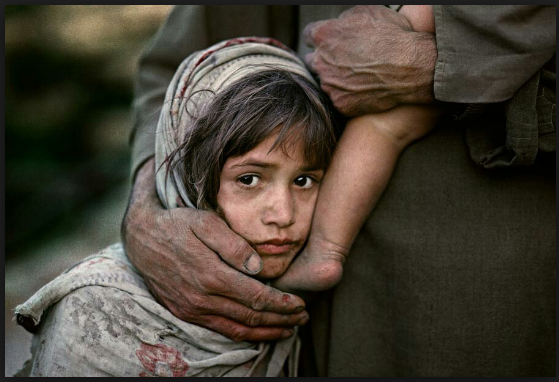One of the most destructive wars is the war on Yemen
YemenExtra
SH.A.
A recent UN report sheds light on the devastating humanitarian and economic impact of the war in Yemen and how it sets back human development there more than 20 years, Anadolu reports.
The report by the organization’s development program (UNDP) highlights the humanitarian situation there, which was one of the worst in the world even prior to the war, but has gotten worse since tensions escalated.
With its 30 million people, Yemen ranked 153 on the Human Development Index, 138 in extreme poverty, 147 in life expectancy, 172 in educational attainment and was already on the World Bank’s low-middle income category, according to the report.
Experts suggest “Yemen would not have achieved any of the Sustainable Development Goals (SDGs)” set out by the UN to reach by 2030 even in the absence of war.
The UNDP’s Yemen representative, Auke Lootsma, said “even if there were to be peace tomorrow, it could take decades for Yemen to return to pre-conflict levels of developments.”
The report paints a gloomy picture for the foreseeable future and places Yemen among the most destructive conflict zones since the end of the Cold War.
If the war were to end in 2019, the UNDP projects it would account for 140,000 deaths of children under the age of 5; 233,000 deaths (0.8% of the 2019 population) with 102,000 combat deaths and 131,000 indirect deaths due to lack of food, health services and infrastructure.
It estimates infant mortality will further exacerbate — 331,000 deaths of children under 5 — with one child death every 7 minutes and 482,000 deaths in total if war continues until 2022.
The outlook gets bleaker if the conflict continues through 2030.
The report estimates 1.5 million children die at a rate of one every two minutes and 1.8 million Yemenis die in total — overwhelmingly, not in combat but indirectly because of the lack of humanitarian needs.
Yemen’s loss of economic output because of the war, which is $89 billion for 2019, will climb to $181 billion in 2022.
That figure soars to $657 billion in 2030 if the international community fails to stop this war.

